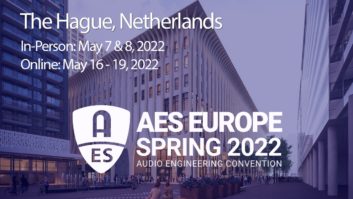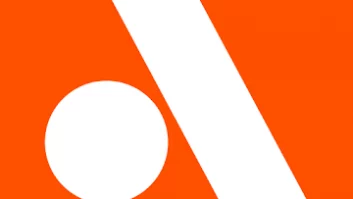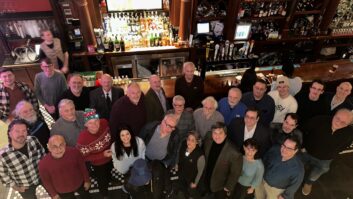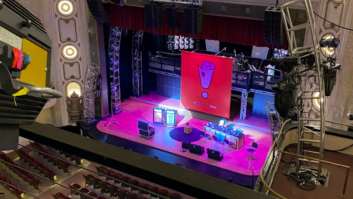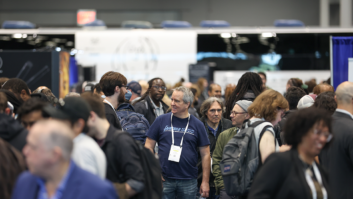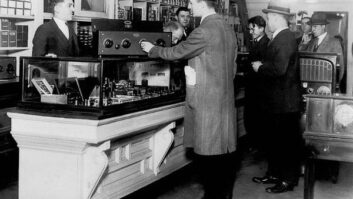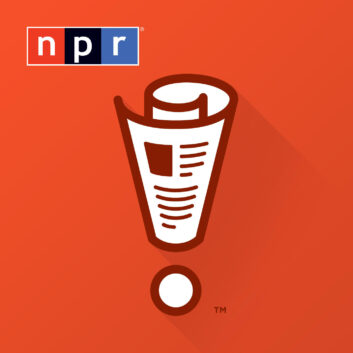
The New York City section of the Audio Engineering Society will present a behind-the-scenes look at the production of NPR’s program “Wait Wait … Don’t Tell Me” in December.
The chapter is working with Mercy University to present the discussion of the show’s production, live performance and technical details. It will be moderated by David Bialik, AES Fellow and systems engineer, and take place at Mercy University ion Dec. 13 at 7:30 pm.
Tickets for the in-person event are available. The in-person event will also be streamed on Facebook Live.
“Wait Wait … Don’t Tell Me” is a weekly quiz program where listeners are able to test their knowledge against others in the news and entertainment world to determine what is true and what is false news. The program has been hosted since 1998 by author and director Peter Sagal. Journalist Bill Kurtis serves as the judge. The program is produced by NPR and WBEZ(FM) in Chicago.
“It is one of the most popular nationwide radio shows,” Bialik said. “And they do remote locations a lot.” The show is coming to New York that week, broadcasting from Carnegie Hall.
“It is always interesting to hear road stories from remotes. Especially shows with live audiences,” Bialik said.
Panel participants will include the show’s Technical Director Lorna White, who joined NPR in 1984 and has worked on programs like “Morning Edition” and “All Things Considered,” and Production Manager Robert Neuhaus, who has created sound designs for most major Chicago theaters and is a long-time freelance engineer for NPR.
Bialik said the show’s producers hope audiences will gain insights on remote productions.
“Engineers can learn how the show is assembled in front of a live audience,” he said. A big deal, “especially with the pressure of a huge audience.”






